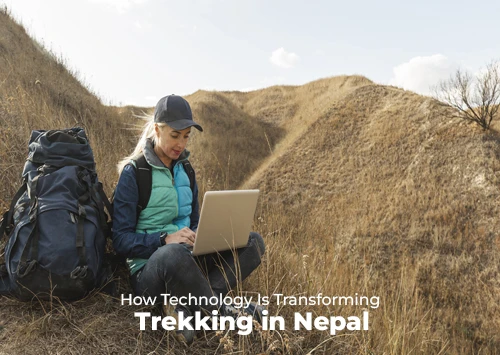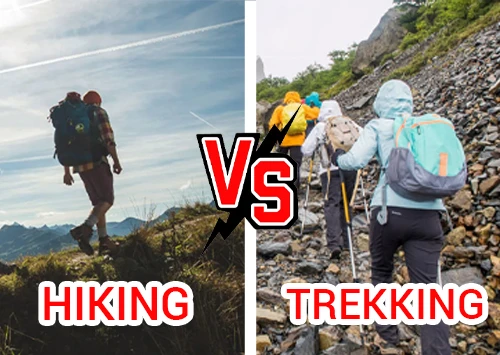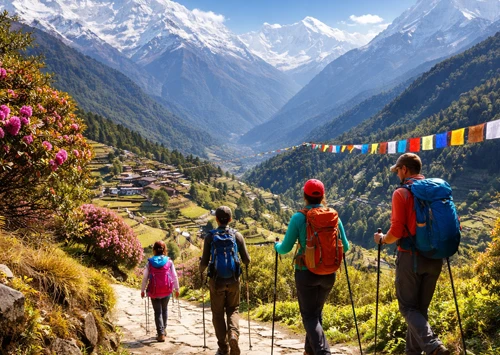Government of Nepal Bans Solo Trekkers: All the Details
Solo trekking in Nepal is prohibited, according to recent announcements from the Nepalese government. Learn more about why this has been implemented and what it means for hikers 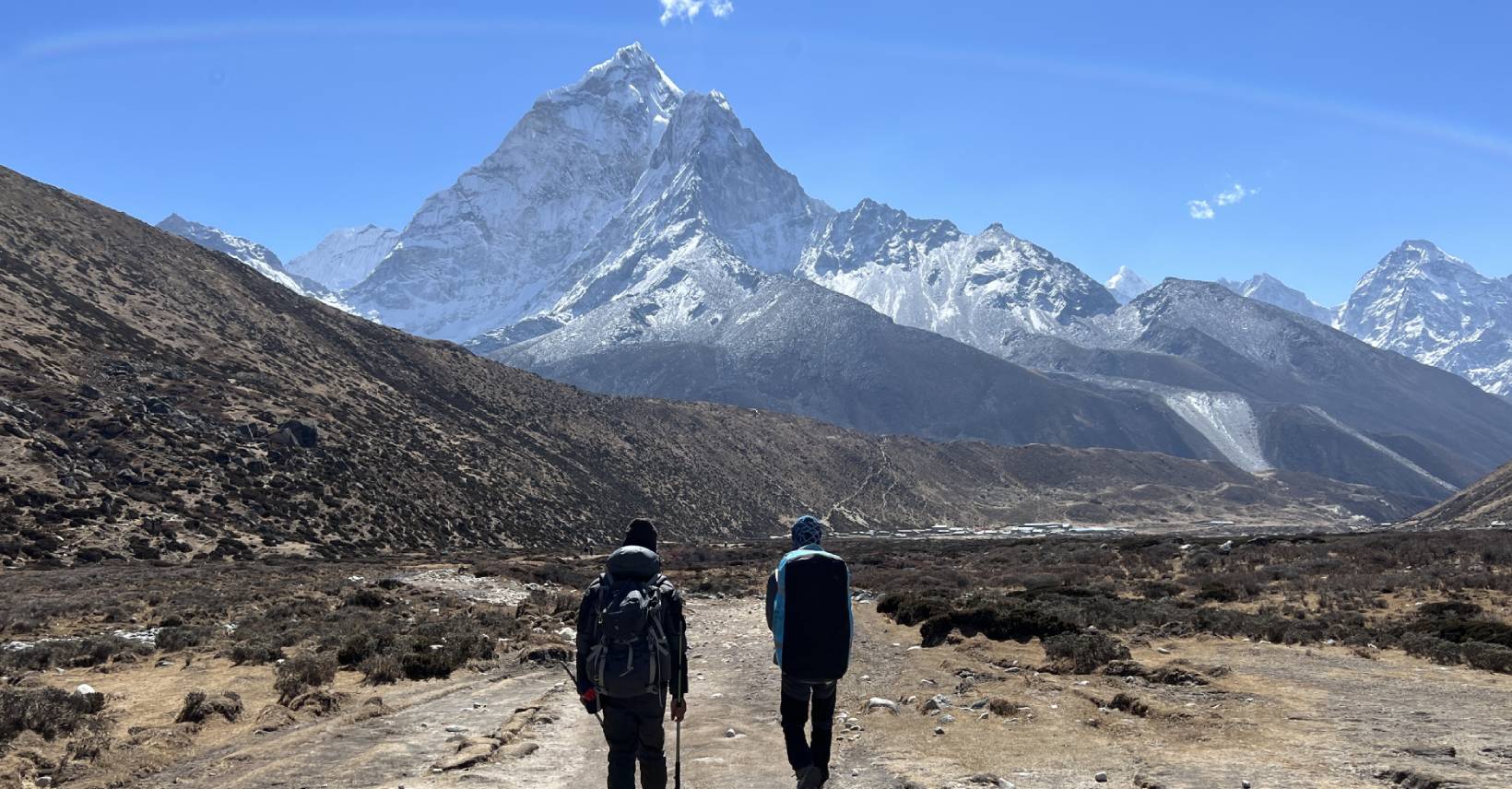 here! Nepal has recently announced a ban on solo trekking, citing safety concerns and the inability of one person to stay protected in the remote and potentially dangerous mountainous terrain. This news will affect those who plan to explore Nepal's backcountry alone, so read on to learn more about why this decision has been made and what safety precautions you should take if you plan to hike in Nepal.
here! Nepal has recently announced a ban on solo trekking, citing safety concerns and the inability of one person to stay protected in the remote and potentially dangerous mountainous terrain. This news will affect those who plan to explore Nepal's backcountry alone, so read on to learn more about why this decision has been made and what safety precautions you should take if you plan to hike in Nepal.
The Background Behind the Ban on Solo Hiking.
In recent years, solo hikers' incidents of getting into trouble in Nepalese terrain have been increasing. From people becoming lost to falling ill in remote areas, solo trekking carries a number of risks. As such, the government of Nepal has deemed it necessary to issue a ban on solo hiking for safety and legal reasons. This means that hikers must now adhere to the authorities' regulations and safety procedures when exploring Nepal's backcountry.
How the Ban is Being Enforced by the Government of Nepal.
The government of Nepal is taking great measures to ensure that all hikers have the proper safety protocols and permits in place when attempting a trek. Law enforcement will be paying close attention to travelers who are travelling solo, making sure they are not in violation with regulations. Fines and other punitive measures may be imposed on solo trekkers as an effort to enforce the law. Additionally, some hiking trails may be closed off to protect travelers from potential harm, while establishments providing information about hikes and related services may also face more stringent regulations.
What Resources are Available to Trekkers in Nepal Despite the Ban?
Even though the Nepalese Government has imposed a ban on solo trekking in Nepal, there are still resources available to hikers who are looking for a safe adventure. There are many online communities of experienced trekkers that provide vital information and support for those who are travelling in Nepal. In addition, you can find tour operators offering guided treks and join small groups for safety. As always, make sure to research trail conditions before setting out and ensure you have all the necessary permits from relevant authorities before you embark on your trip.
Some additional information about trekking permits in Nepal.
Trekking Permits are required for many popular trekking routes in Nepal, and the requirements for obtaining a permit can vary depending on the trekking area and the time of year. You will need 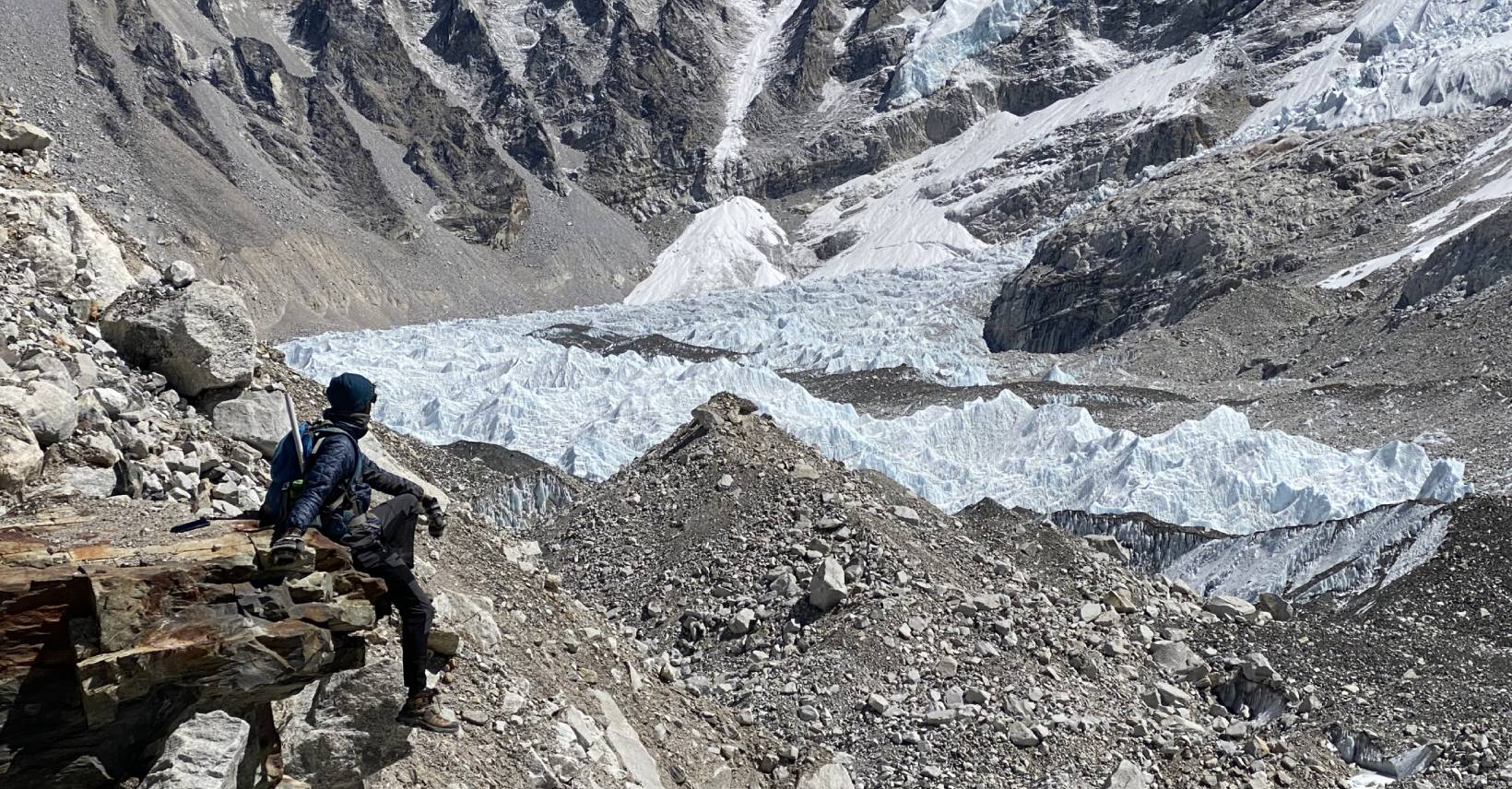 to apply for a permit at the Nepal Tourism Boardor at the respective entry permit counters in the trekking areas. The permit fees can vary depending on the region and the duration of your trek.
to apply for a permit at the Nepal Tourism Boardor at the respective entry permit counters in the trekking areas. The permit fees can vary depending on the region and the duration of your trek.
TIMS cardis also mandatory for all trekkers in Nepal. It is a database system that provides important information about trekkers to ensure their safety and security in the mountains. TIMS cards can be obtained at the Nepal Tourism Board office in Kathmandu or from the Trekking Agencies' Association of Nepal (TAAN) office.
For more information - https://www.nepaltrekkingplanner.com/trekking-permit-and-entry-fees
What Other Safety Precautions Should Trekkers Take?
To ensure a safe and enjoyable trek in Nepal, there are several other precautions that should be taken. Always make sure you consult with local experts to get reliable information on the destination and trail conditions before setting out. It is important to pack enough food, water, and supplies for the journey, so take the time to plan accordingly. Additionally, map out a timeframe of your itinerary beforehand so that you can more easily stick to it while trekking. Be sure to follow proper safety protocols by not taking unnecessary risks and choosing paths that fit your experience level. Finally, practice good hygiene during the trek such as washing hands often and avoiding touching your nose or mouth with unclean hands.
Will Tourists Be Able to Return When Covid-19 Restrictions Have Been Lifted?
After Covid-19 restrictions have been lifted, tourists will be allowed to return to Nepal for trekking. When returning, it is important to remember that certain restrictions and guidelines may still need to be followed. These could include wearing a face mask, practicing social distancing, and restricting the size of the group. Tours should also plan ahead by booking their trips in advance and making sure their insurance covers them for any Covid-related issues or emergencies that may arise while travelling.



